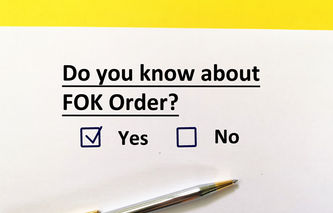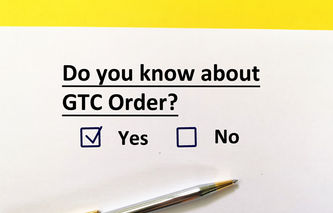Definition
The term Immediate-or-Cancel refers to broker instructions to buy or sell a security instantly, or cancel the order. From a practical standpoint, an Immediate-or-Cancel order specifies the instruction will remain active for several seconds before being filled or canceled.
Explanation
Also referred to as an Accept Order, an Immediate-or-Cancel (IOC) order is typically used when referring to stocks. An IOC order instructs a broker to buy or sell a predetermined amount of securities or cancel the transaction. A partial sale or purchase is considered acceptable. This is what distinguishes an Immediate-or-Cancel order from Fill-or-Kill.
While an All-or-None order remains active until cancelled, an Immediate-or-Cancel order is cancelled instantly if the securities are not available. If the order is partially filled, the unfilled portion of the order is canceled if the securities are not available. IOC orders are usually large transactions placed by institutional investors, typically paired with a limit or market order. As it the case with Good-Til-Canceled, Immediate-or-Cancel specifies the term of the order.








